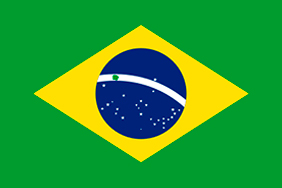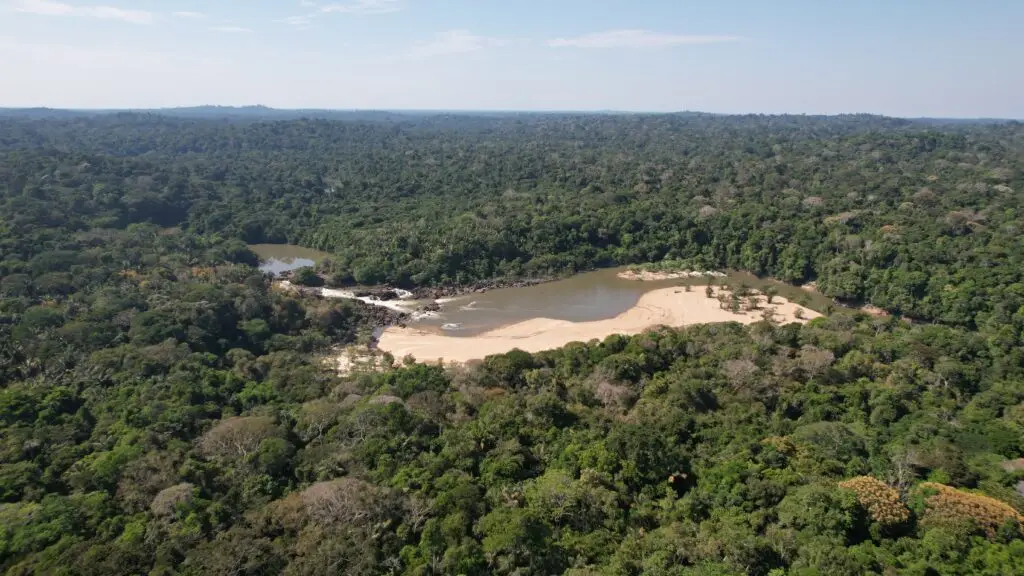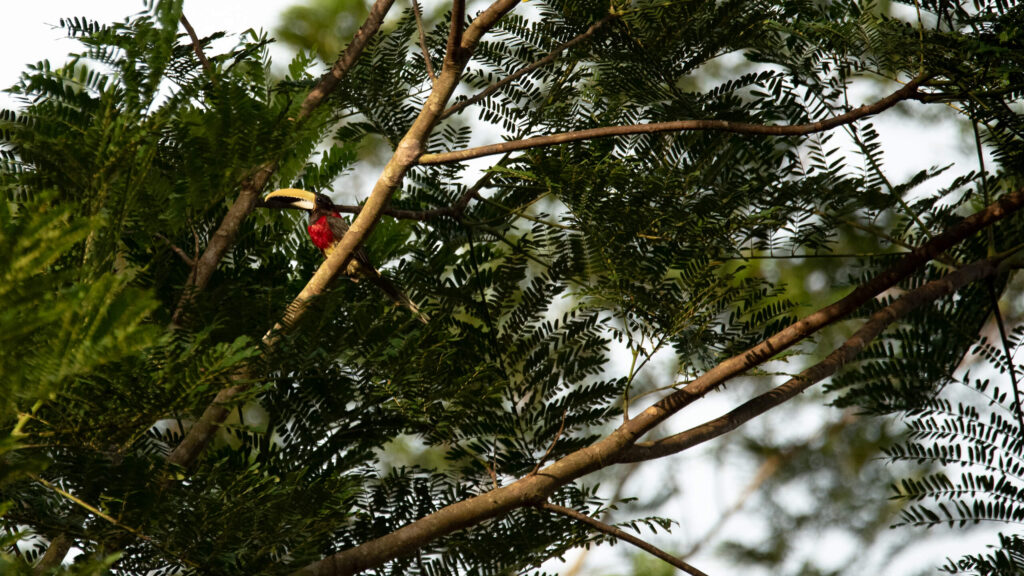The Provisional Measure no1.151/21 opens a legal window for the implementation of carbon projects in areas subject to concession, and it is essential to view this advance as long-term.

When the voluntary carbon market in Brazil and worldwide was still incipient, the Public Forest Management Law already made it clear in 2006 that, “the commercialization of credits resulting from the avoided emission of carbon in natural forests” would be a prohibited activity in the concession of public forests. In other words, it would only be possible to have carbon projects from avoided emissions, as is the case of REDD+ projects, in private areas.
Almost 17 years later, Provisional Measure (MP) no 1.151/21 was published, which had as its main effect the alteration of Article 16 of the Public Forest Management Law.
The MP establishes that “the right to commercialize carbon credits and environmental services may be included in the object of the concession”, besides also enabling other types of activities that can be framed as a Payment for Environmental Services (PES).
In practice, this means that the more than 99 million hectares of public forests in Brazil1 become a new universe for the development of carbon projects. The PM also stipulates that existing forest concession contracts may be amended to conform to the new provisions.
Biofílica, as a pioneer in the voluntary carbon market since 2008, sees the MP as a positive sign to advance the necessary scale to achieve the Brazilian potential for emissions reductions. However, it is worth noting that the legal nature of the MP foresees a maximum period of 120 days of applicability, and a loss of validity is possible if the MP is not converted into law.
It is also worth remembering that there is a robust Bill (PL 5.518/20) that proposes to flexibilize the scope of the Public Forest Management Law to include activities of carbon credit generation and research. The development of the PL relied heavily on civil society participation, based in part on studies by the Instituto Escolhas, which Biofílica Ambipar has supported for years2.
In addition, Biofílica Ambipar was contracted by the National Bank for Economic and Social Development (BNDES) via o RFP nº 07/2022 to prepare a series of Preliminary Studies for the Concession of Environmental Assets via PES and Forest Carbon Credit.
The studies also have the active participation of several other important public sector agencies, such as the Ministry of Environment, the Chico Mendes Institute for Biodiversity Conservation (ICMBio), the Brazilian Forest Service, and the NGO Semeia Institute.
In consortium with our partners at Tauil & Chequer , we are working to demonstrate, both on a market and legal level, the opportunities for Brazil in developing carbon and other PES projects in public areas. With a publication date of February 2023, they will also include estimates of potential credit generation from REDD+ and ARR projects in public areas.
Given the great effort and research work being done not only by Biofílica Ambipar, but several other actors involved in the agenda of carbon projects in forest concessions, we hope that this change can be realized via an approval by law, via a participative process. After all, from an ecological point of view, we understand that regardless of whether an area is private or public, conserving and/or restoring the largest number of areas possible is still our main goal.
[divider height=”30″ style=”default” line=”default” color=”” themecolor=”0″]
Do you want to keep up with the main news in the voluntary carbon market?
[divider height=”30″ style=”default” line=”default” color=”” themecolor=”0″]
¹Considering 69.8 million hectares of Conservation Units and 29.5 million hectares of undesignated land.
² For example, our CEO, Plinio Ribeiro, is one of the co-founders of the Instituto Escolhas.






